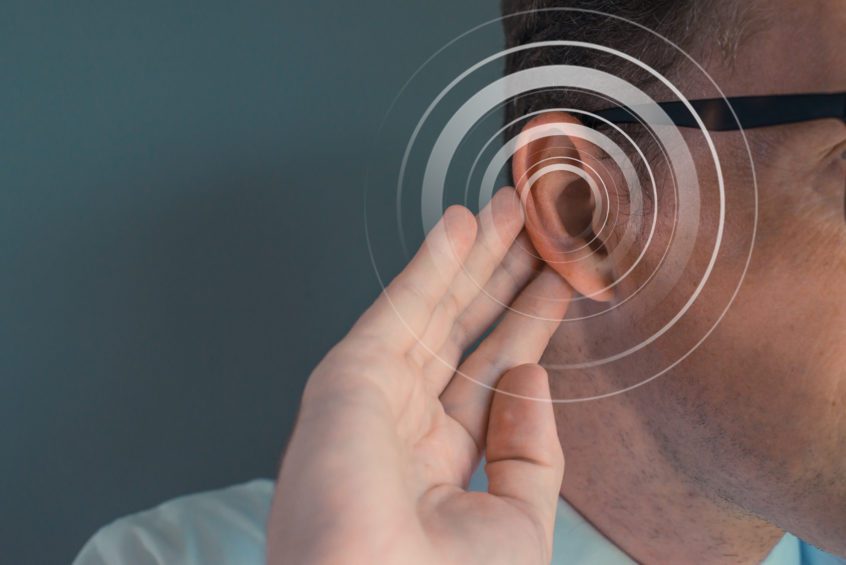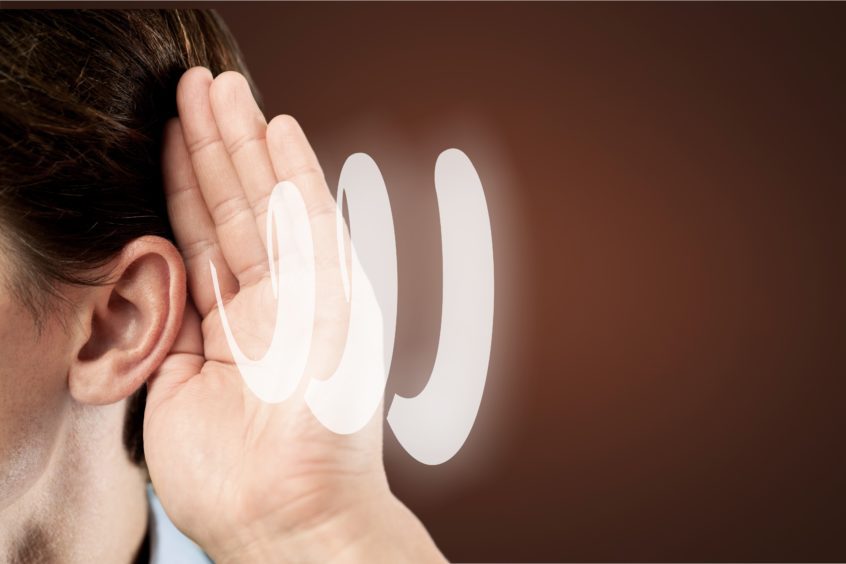The U.S. Centers for Disease Control estimates that nearly 15% of the general public — over 50 million Americans — experience some form of tinnitus. Roughly 20 million people struggle with burdensome chronic tinnitus, while 2 million have extreme and debilitating cases. What does tinnitus sound like and what can you do about it? Usually, tinnitus is a sound that … Read More
Is the Pandemic Making Tinnitus Worse?
According to an article published in The Hearing Review, new research reveals that tinnitus, a common condition that causes the perception of noise in the ear and head, is being made worse by COVID-19 – as well as the measures helping to keep us safe, such as isolation and social distancing. The study of 3,103 people with tinnitus was led … Read More
Does Stress Make Tinnitus Worse?
The past several months have been some of the most stressful times many people can remember, especially with concerns about COVID-19. Each individual responds to that stress differently. Some people may live with it, while others find it difficult to cope. For those with tinnitus, or constant ringing in the ears, there is a strong connection to stress. The human … Read More
Dietary Supplements Can’t Cure Tinnitus
Tinnitus is the perception of sound when no external sound source is present. Tinnitus can take on any number of characteristics and is usually a sound that only you can hear. You can experience tinnitus that varies from soft to loud and from low to high pitch. Individuals describe their tinnitus in a number of ways, including a buzzing, clicking, … Read More
What Is Tinnitus and What Can You do for it?
According to the American Tinnitus Association, millions of Americans experience tinnitus, making it one of the most common health conditions in the country. The U.S. Centers for Disease Control estimates that nearly 15% of the general public, more than 50 million Americans, experience some form of tinnitus. Roughly 20 million people struggle with burdensome, chronic tinnitus, while 2 million have … Read More
Is There a Cure for Tinnitus?
According to the American Tinnitus Association (ATA), over 45 million Americans struggle with tinnitus, or ringing in their ears, making it one of the most common health conditions in the United States. Tinnitus is the perception of sound in the absence of an external sound source. Tinnitus can take on any number of characteristics and is usually a sound that … Read More
Tips for Sleeping Better with Tinnitus
For the millions of people who have tinnitus, bedtime is often one of the most difficult times of day to cope with the constant ringing, buzzing or chirping they experience. In fact, because of the quiet, many people suspect that their tinnitus is loudest while they are trying to fall asleep. However, the actual loudness of tinnitus does not vary … Read More
Tinnitus Management Options
Despite claims from a variety of products, currently, there is no known cure for tinnitus. However, there are very good, well-established tools and management options that can significantly reduce the perceived burden of tinnitus, and help manage its impact on your life.
Do Hearing Aids Help With Tinnitus?
According to the American Tinnitus Association, ringing in your ears, or tinnitus, is overwhelmingly connected to some level of hearing loss. Most people develop tinnitus as a symptom of hearing loss, caused either by age, long-term hearing damage, or acute trauma to the auditory system. According to the general scientific consensus, hearing loss keeps fewer sounds from reaching the brain. … Read More
Does Stress Contribute to Tinnitus? Anxiety and Tinnitus
If you suffer from ringing in your ears, or tinnitus, keeping stress levels down and inducing relaxation may help you cope better with your tinnitus, promote better sleep, improve your concentration ability, and reduce anxiety and tension.










